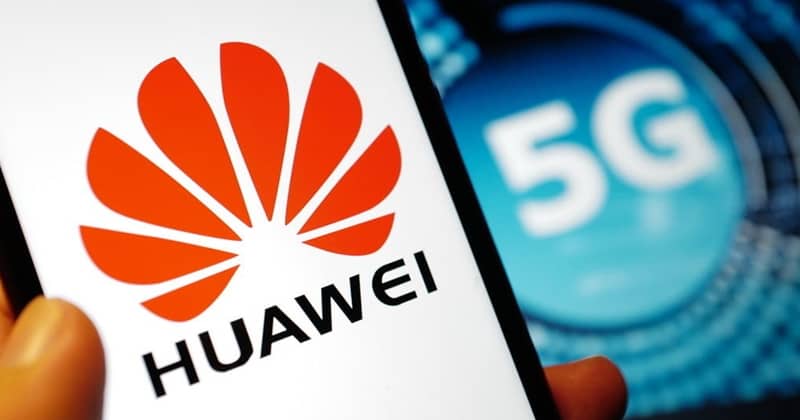Chinese tech giant Huawei is all set with its 5G devices. After the recent spat between the US administration and Huawei, a majority of countries who are a part of the global summits took a step back from doing business with Huawei.
However, the trend is slowly changing as 2-25 European countries are willing to adopt Huawei’s 5G enabled flagship devices into their respective markets. This breakthrough by Huawei is seen as a big win in the global technology forum as US sanctions posed a lot of trouble for Asian countries before. Now, that Huawei has risen above the tide, the onus is on the other companies like Xiaomi to follow suit.

Now that Huawei’s flagship models are ready to enter European markets, it can still become the biggest phone-seller and manufacturer by the end of 2019. It can even surpass Samsung’s stats and pose an all time-personal record for maximum manufacturers and sales in a single year.
Huawei’s 5G technology is new and innovative. The revolution has attracted countries like Germany and Finland, which did not resort to Asian technology markets before. Now, the Finnish company Nokia will work in collaboration with Huawei and build 5G devices in both countries. Probably these devices will also be on sale offshore in different parts of Europe and Russia.
The List Of Countries Adopting 5G Tech Increasing Rapidly
The list of countries includes some impressive names like Portugal, Netherlands, Finland, Greece, who have finally begun to trust the technology upsurge in Asia, especially in South Korea, China, and Japan. The American companies are taking a hit after companies like Huawei, Xiaomi released low-end smartphones with Google’s Android Support. At first, rebuked by many countries under the European Union, now they are coming to terms and accepting the advantages of economic technology.
5G technology is well-tested and ready for implementation across the globe. However, data security and encryption are a concern as that part has not been explored and confirmed by data security experts yet.



